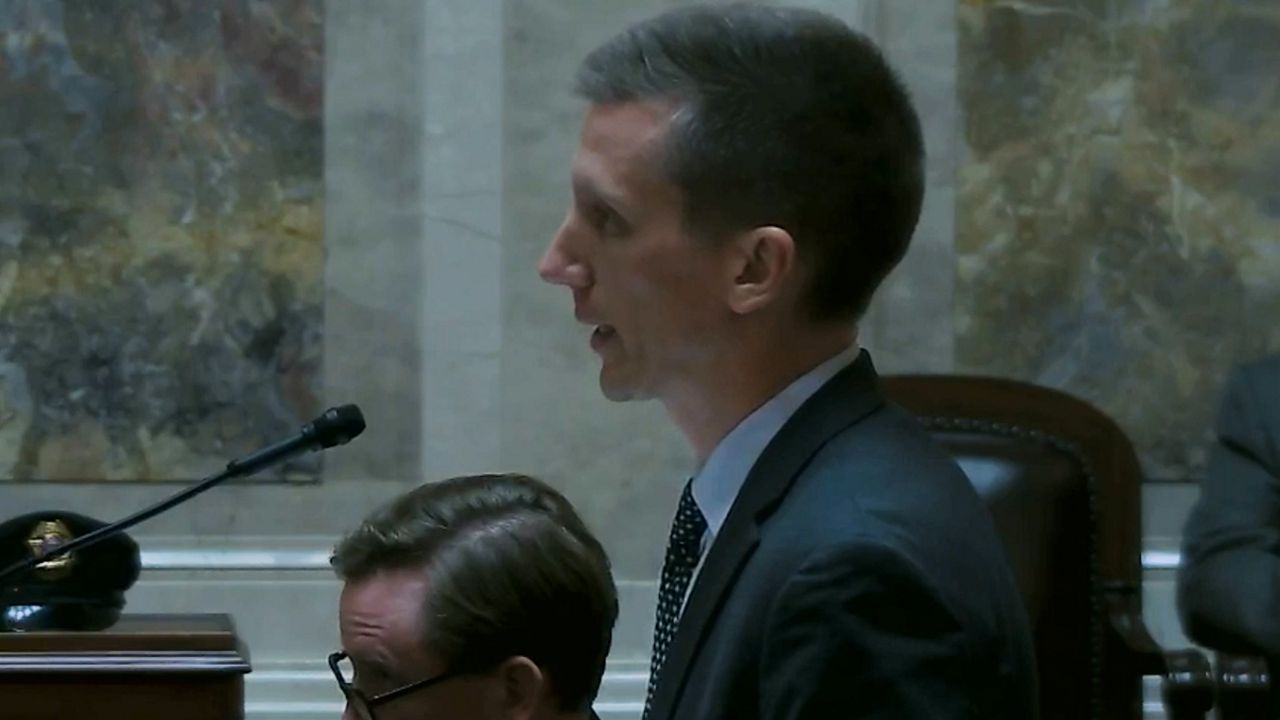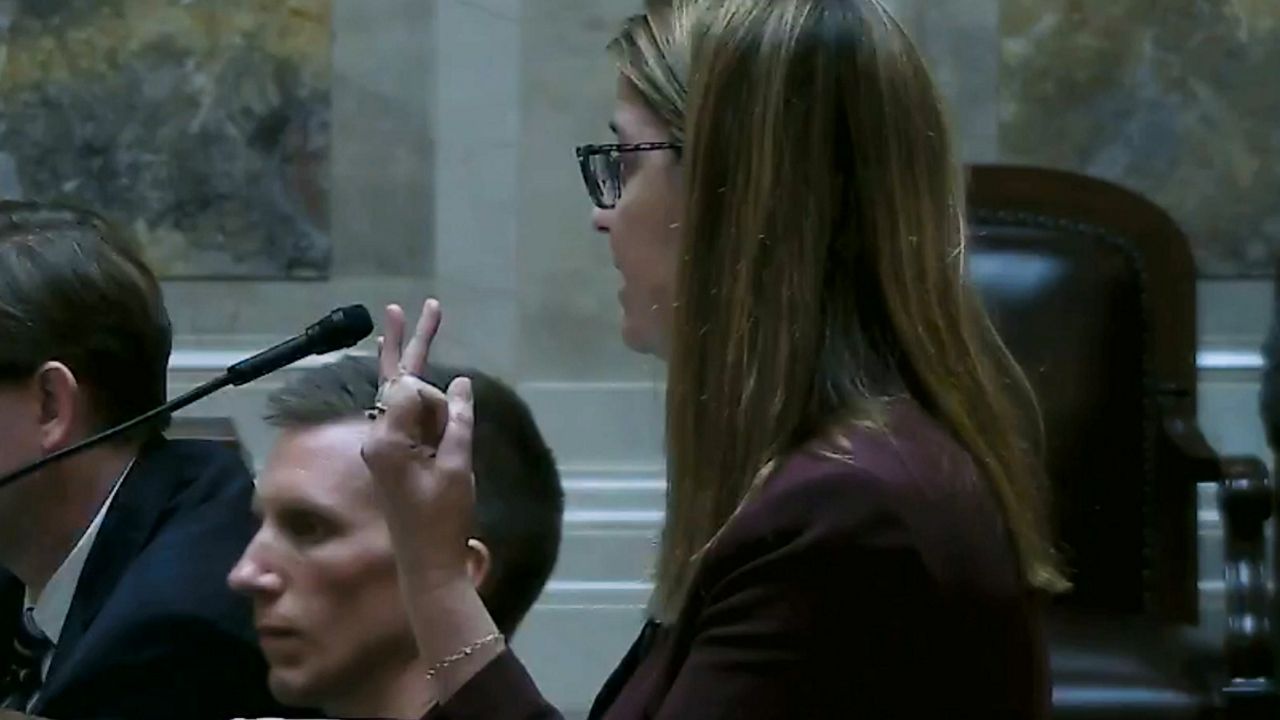MADISON, Wis. — A lawsuit over whether students in the Madison Metropolitan School District can change their name and gender identity at school, without permission from a parent or guardian, made its way to the Wisconsin Supreme Court.
However, Tuesday's oral arguments were really about to what extent the parents who are bringing the case can remain anonymous.
The case stems from policies adopted in April of 2018 by MMSD. Two years after that, a lawsuit was filed, and two years later, not much has been resolved. That's because there is an argument over whether the group of parents bringing the case should be allowed to stay anonymous.
The Wisconsin Institute for Law and Liberty, along with the Alliance Defending Freedom, filed a lawsuit in Dane County Circuit Court in February 2020 on behalf of a group of anonymous parents. Included in the arguments laid out in the suit was the guidelines violate constitutionally protected parental rights, such as health care decisions.

“If a child is at a point that they want to publicly transition to a different gender identity, that's a strong signal that they might be dealing with a serious mental health issue, and the parents need to be involved,” Luke Berg, who appeared for the plaintiffs, argued.
Meanwhile, lawyers for the school district countered and said the guidance has been mischaracterized.
“It explains and highlights that parental involvement is important, and the school will do everything it can to encourage that as appropriate,” Adam Prinsen, who appeared on behalf of the intervenor, said.
According to the policy, students can change their name and identity at school without parental consent. However, they would need permission from one parent or legal guardian to do so officially in the district's records.
Teachers and staff are also not allowed to notify parents without the consent of the student. Teachers and staff were instructed to use the student's legal name and pronouns with the family and their adopted pronouns in a school setting.
“What we are asking is that the plaintiffs can remain anonymous to all but the court, and that should be permitted here because their identities are completely irrelevant to the case,” Berg said. “All we are challenging is the constitutionality of the district's policy.”
Tuesday morning, the Wisconsin Supreme Court heard oral arguments over whether pseudonyms for the plaintiffs should be allowed. Right now, the case isn't moving forward unless the parents file an amended complaint sharing who they are.

“There are three reasons why their identities are necessary for the defense,” Sarah Zylstra, who appeared for MMSD, said. “The first is for me to raise legal defenses; the second relates to ethical considerations and the third relates that it is necessary for certain aspects of the facial challenge.”
In Sept. 2020, a circuit court issued a partial injunction, which stopped the district from allowing or enforcing rules that prevent staff from answering questions about what name or pronouns a child is using at school. However, the attorneys representing the parents who filed the suit said that is not enough because minors can still transition at school without parental knowledge unless they ask about it.
That same ruling also partially denied the parents' request to conceal their identities.
The Wisconsin Supreme Court will now decide whether the group of parents bringing the case can remain anonymous and if the injunction stopping the policy from being enforced goes far enough.
A ruling is expected in June or July.










